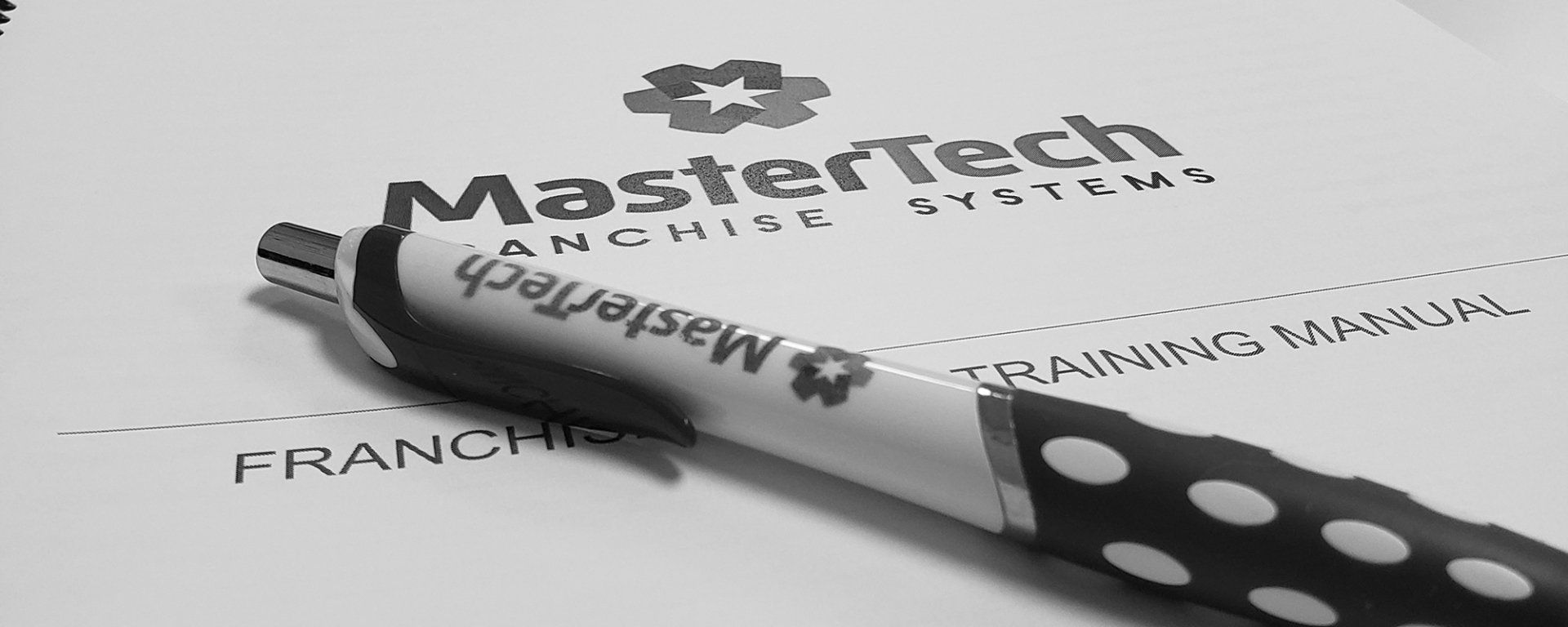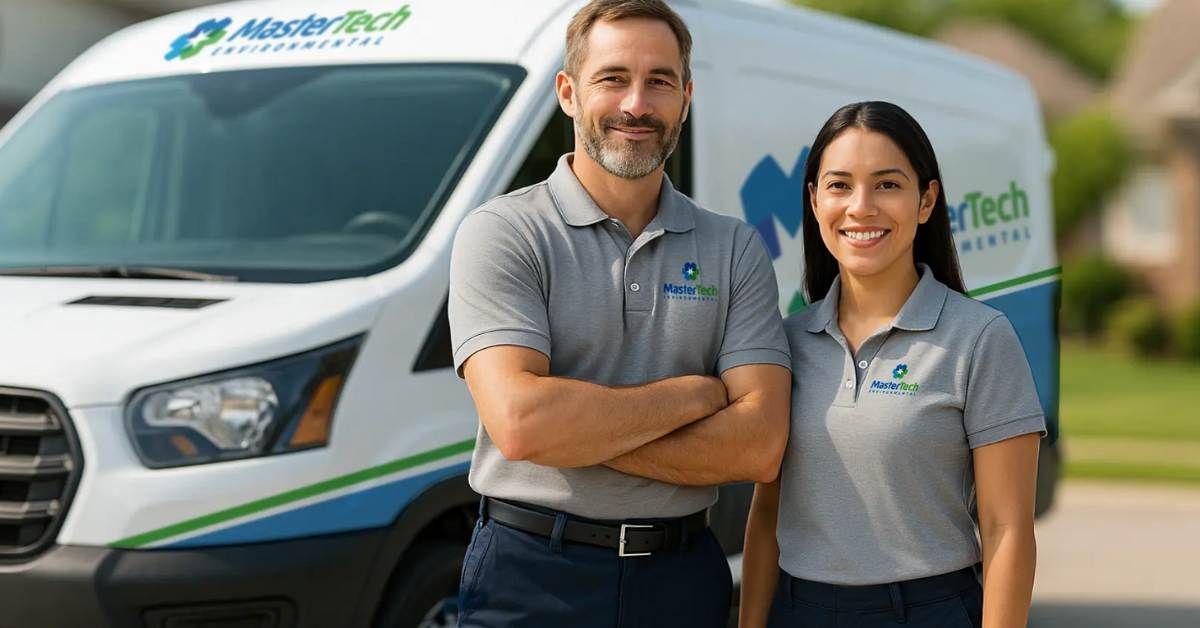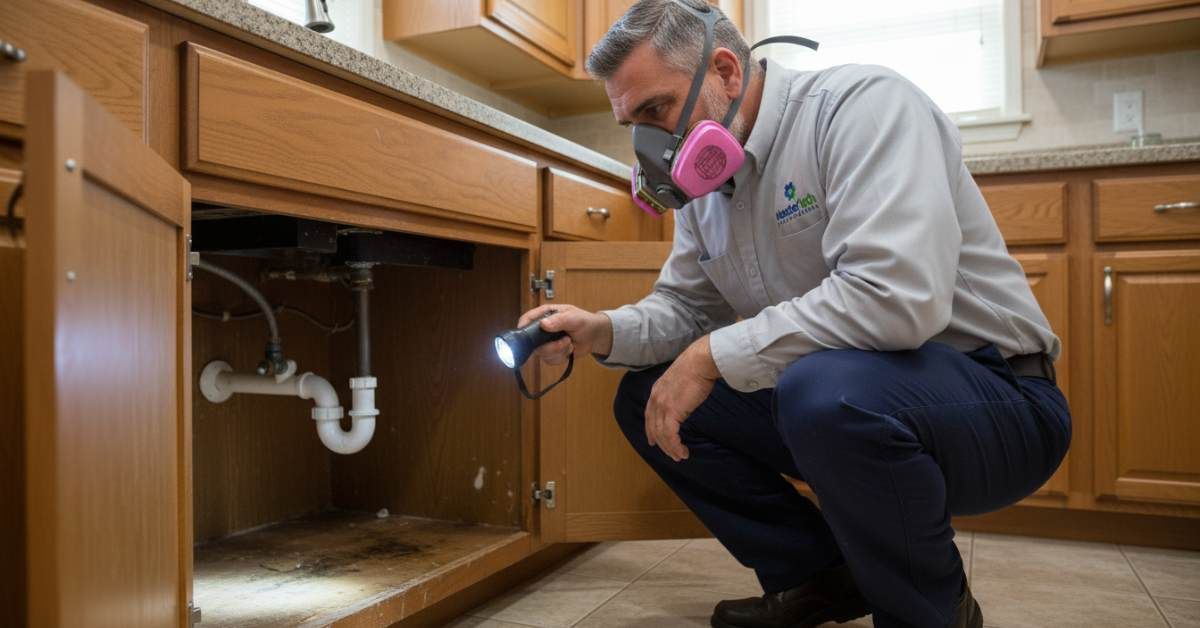
Franchises are interesting in that a great deal of the initial decisions and mistakes have been made for you. A mold remediation franchise concept is a proven business strategy that should, in theory, work in all cases. However, it is not that simple. As a franchisee, your franchise is not a guaranteed success if you do not put in the effort. In part, the success of a franchise outlet is determined by the franchise concept itself or the location, but the bulk of business success is largely dependent upon the Franchisee.
By making smart, calculated choices every step of the way—and avoiding certain pitfalls—franchisees can make a big difference in his/her bottom line and the franchise’s viability. It is what the franchisee chooses to do with the franchise concept that will ultimately determine business success.
How to Be a Successful Mold Removal Franchisee
Choose the Right Industry- While the mold remediation and mold inspection industry is thriving industry and a worthwhile investment, is the mold remediation industry really right for you? Sometimes failure is simply because you and the franchise opportunity are not a good fit for one another. It is important to carefully do your research to find an industry and franchise concept that you wholeheartedly believe in.
It is also important to understand that, no matter the industry, there will be obligations and tasks beyond just the service or product. Example: You might be drawn to the mold removal industry because you love building related projects or you have an interest in building science. But owning a mold remediation franchisee is more than just doing mold remediation. It involves business management, hiring & firing staff, training staff, accounting, marketing, handling client relationships and so much more.
Know the Industry- The mold inspection and mold removal industry has evolved so much in just the last 10 years, and it will continue to evolve. As a mold remediation franchisee, you will need to keep up. As a franchisee, you need to learn as much you can about the mold testing and mold remediation industry (in addition to what you learned during your initial franchise research). New information is also coming out, it is important that you keep up with credible literature relating to the industry. Additionally, more and more states are establishing laws and regulations around mold remediation, so be sure to pay attention.
Your fellow franchisees can be the greatest source for real life experiences and information. Use your community of franchisees to stay on top of what is new, what works, what doesn't work and what gimmicks to avoid.
Sharpen Your Business Skills- Ultimately, a franchisee is another name for a business owner. While your franchisor will teach you the system to help you build a successful outlet, most also expect you to bring some basic business skills to the table. Basic accounting, hiring & firing, training, management and sales are just a few things franchisees should have working knowledge of.
You should review your business skills and knowledge so you can focus on things to improve. Business classes, training seminars, online webinars and so many other learning tools are readily available to the public.
Establish a Business Plan- If you have never truly sat down and developed a business plan, it might seem like an intimidating task. But, it does not have to be. A business plan can be as simple as setting some goals and doing a financial projection for the next year or detailed enough to take to the bank for cash. When in doubt, ask you franchisor or fellow franchisees for advice on how to proceed.
Follow the System- You chose to invest in a franchise for a reason, and part of tat reason is because it has an established system that has proven to be effective and successful. In order for you and mold franchise to be successful, you have to learn the franchise system. Follow the initial training and take advantage of the ongoing support and training. You paid for the right to use the system, so use it.
Yes, business needs will vary widely across different franchise locations. In time, the franchise system alone may not always be the perfect fit. In which case, you should work with your franchisor to adapt and adjust the system to fit your specific business needs. However, do not do yourself the injustice of deviating from the system too early and without consulting your franchisor first.
Build Relationships- One of the greatest benefits of investing in a franchise versus starting a business on your own is the community and network that comes with your franchise business. Don't take it for granted. You should spend time building relationships with fellow franchisees and representative from the franchise home office. This is a great opportunity to share ideas and exchange experiences to further drive business success.
Never Stop Marketing- One of your primary roles as a franchisee is to handle the sales, traditional marketing and digital marketing of your mold inspection and mold remediation services. It is your responsibility to market your services in your territory. General brand recognition does some of the work, but the bulk of your marketing campaigns and strategies will come from you with some advice and support from your franchisor. It is important to get your marketing out there all the time, analyze the effectiveness of each method and share effective techniques with your fellow franchisees. If you’re busy working on your computer or handling other administrative tasks over marketing initiatives, you are limiting your potential success.
Hire the Right People- Bottom line, you cannot do it all, as least not all the time once your franchise gets up and running. A good team is the backbone to any business, so hire strong managers and staff to help your business run like a well oiled machine.
Part of building a strong team may mean hiring for positions that can compensate for your weaknesses. For example, if you are not particularly good at selling, you should hire someone who can sell. Or, if you are spreading yourself too thin by managing too many things at once, hire a manager who can oversee some of the work and directly handle the delegating.
Before you start searching for someone to fill a position, be sure really put some thought into creating the job position. You should work with your franchisor and consult fellow franchisees to develop a detailed list of expectations and responsibilities for the job position. This way, you can be sure that whoever you hire meets your needs and full understands the role.
Get in Touch
Contact Us
Don't be a stranger!
30 Broad St, Unit 7
Denville, New Jersey 07834



